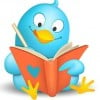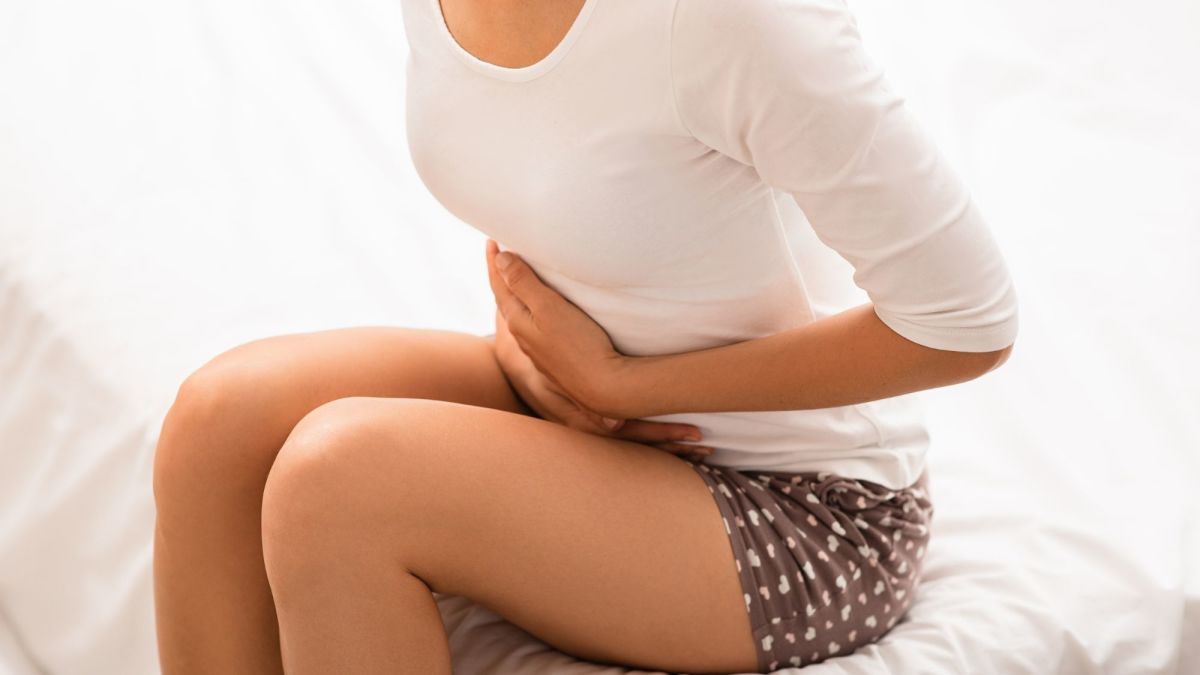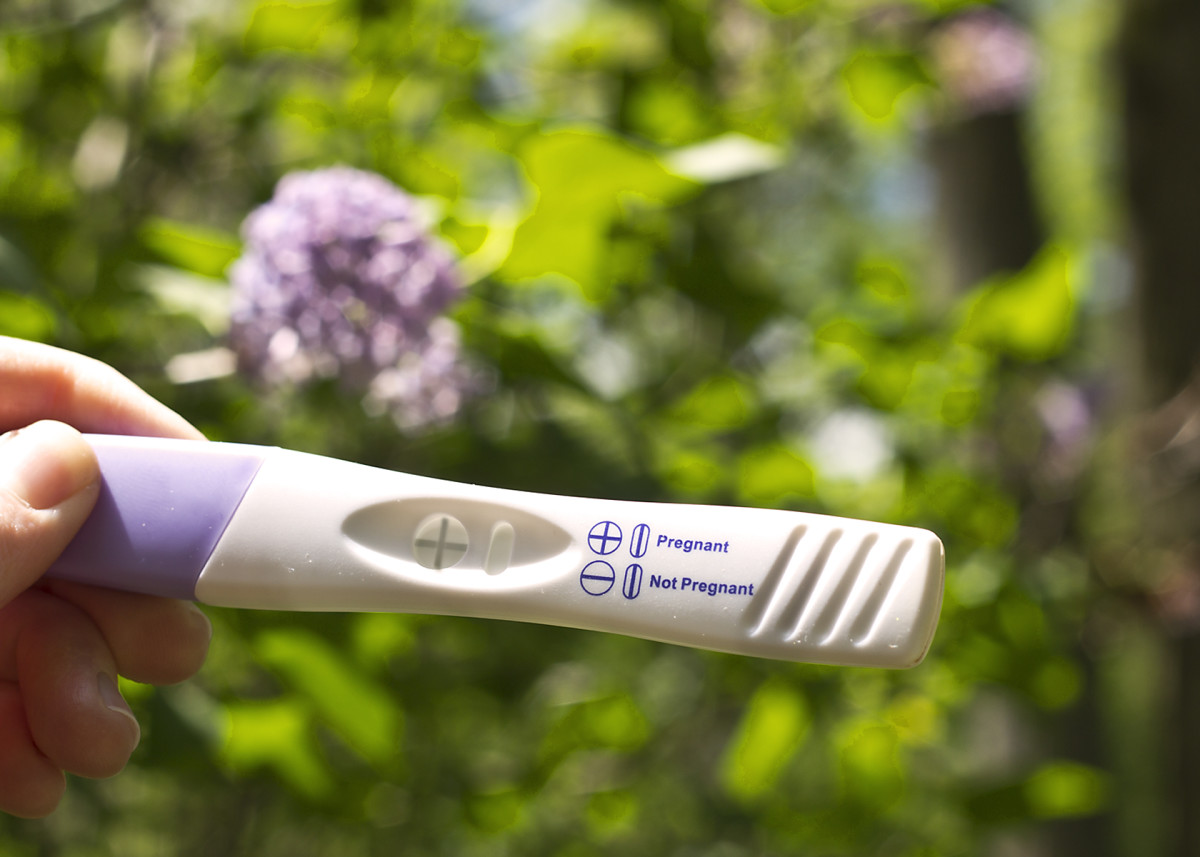- HubPages»
- Health»
- Women's Health»
- Pregnancy
Signs That Suggests a Woman Is in Her Early Stages of Pregnancy
Signs of early stage pregnancy

Key signs of pregnancy
The signs of early pregnancy differ from woman to woman. Although they might all experience similar signs before child delivery; they happen at different points in time. So without any further ado, let us now delve straight into some of the most common signs of early pregnancy.
Signs of early pregnancy
Tender and swollen breast:
It is one of the most common signs during early pregnancy. It happens as a result of fat being stored in the breast together with lots of blood flow to the area around your breast. All these occur because your body is aware you are pregnant and preparing you for breastfeeding a baby. In addition to this, your nipples become more protruded than they were when you were not pregnant, and your areolas which are the dark circles around your breast become bigger and darker.
Elevated body temperature:
Your body temperature increases because your body is aware it has to take care of two people at the same time. High body temperature could also be as a result of increased metabolic rate and hormonal changes.
Frequent Headaches:
During the stages of early pregnancy, you have headaches very often even if you never had them before. The main reason why many women experience headaches during pregnancy is as a result of the fact that with pregnancy comes an increase in blood volume as well as an increase in hormones. When these two things happen suddenly, then the woman increases her likelihood of suffering from headaches. The frequent headaches could also come about as a result of fatigue, anxiety, weight gain and many other changes in your body.
Mood swings:
There are so many reasons why many women become moody during the early stages of pregnancy. You become moody after a short period of being pregnant because sometimes you might be thinking a lot about if you can be a good parent or if you will be able to give birth successfully. Sometimes too mood swings are caused by the neurotransmitters that send signals to the brain. If they are unable to function properly, then you are likely to have lots of mood swings.
Frequent feeling of dizziness:
During the early stages of pregnancy, you are likely to experience dizziness very often. According to doctors, this is perfectly normal and can last until delivery. But what really causes the dizziness during pregnancy? It is caused by hormones that relax your blood vessels to increase the flow of blood to the baby you are carrying. When this process continues, your blood level becomes very low because you are transferring some to the child for development and this makes the supply of blood to your brain low. When the blood supply to your brain decreases, the end result is often a feeling of dizziness. Studies have also shown that dizziness can also be caused when your sugar level is low after adapting to changes in metabolism. If you are anemic, then the feeling of dizziness is even worse.
Metallic taste in your mouth:
Many women experience a very odd taste (often a metallic taste) in their mouths during the early stages of pregnancy.
Nausea:
One of the most common signs and symptoms of pregnancy is nausea. Almost every woman who gets pregnant experiences this symptom. Nausea occurs during pregnancy due to the increased production of hormones in the body. The process starts right after fertilization. Although nausea is not a good feeling, it does not have much of a serious effect on the woman. Some doctors say that it sometimes shows signs of good health, which means that the woman's hormones and body are functioning properly.
Increased urination:
You tend to urinate often when you are pregnant simply because your womb and your bladder become very close. So the more your stomach or the growing child becomes bigger, the closer it gets to your bladder making you urinate frequently to reduce pressure on your bladder. This is the main reason why pregnant women urinate very frequently.
Fatigue:
The main reason why women experience fatigue during pregnancy is simply that the body overworks when it is pregnant. The woman's body tries to produce more blood in order to produce enough nutrients to be transported to the growing child. In addition to this, the woman's blood and sugar levels become low because her body transports some to the growing baby and this makes her become tired very often.
Food cravings:
In this instance, the woman develops a sudden desire for certain types of foods. This happens to almost all expecting mothers. Some people, during pregnancy, stick to some particular kinds of foods until they have delivered. The problem with food cravings during pregnancy is that sometimes it’s not the best because there are certain times when that particular food that the expecting mother craves might just not be healthy for her and the developing baby. It is imperative that pregnant women stay from all unhealthy foods.
Food aversion:
Just like many expecting mothers develop cravings for certain types of foods, they can also develop food aversions, which is a strong dislike for certain types of food.
Missing period:
This is without a shred of doubt one of the most common signs of pregnancy. Once fertilization has occurred blood seizes to flow. This is the reason why a missed period has since time immemorial been regarded as one of the biggest indicators of pregnancy. But hold on! Not all missed periods mean that a woman is pregnant. Sometimes a woman can miss her period as a result of a number of things such as stress. The best way to confirm pregnancy is to do a test to be sure.
Summary
All the above are very important signs that show that a woman is pregnant; hence special care should be taken. This is to ensure that both the mother and the fetus are in good health. However, there are some circumstances where some women may experience symptoms that are entirely different from any of the above-mentioned ones.
It is always advisable to pay regular visits to your doctor during your pregnancy period; regardless of the stage in which you are.
This content is for informational purposes only and does not substitute for formal and individualized diagnosis, prognosis, treatment, prescription, and/or dietary advice from a licensed medical professional. Do not stop or alter your current course of treatment. If pregnant or nursing, consult with a qualified provider on an individual basis. Seek immediate help if you are experiencing a medical emergency.
© 2017 Enoch Kane







